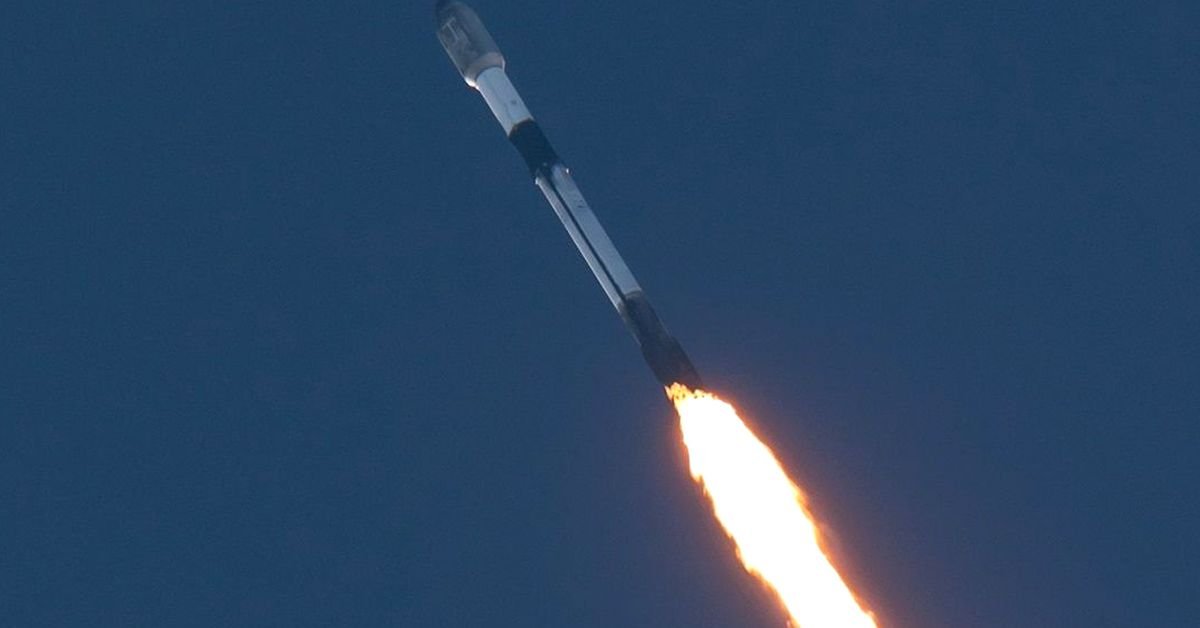SpaceX has completed its investigation into what caused an engine failure during a Falcon 9 launch on July 11th. The company has submitted a “mishap report” to the Federal Aviation Administration (FAA) and is ready to return the Falcon 9 rocket to flight as soon as tomorrow.
The company’s investigation team, working with the FAA, was able to determine the July 11th failure was caused by a liquid oxygen leak that developed during the initial burn of the Falcon 9’s second stage engine. It says the leak originated from a crack in a pressure sensor sense line that’s part of the rocket’s oxygen system. A clamp that normally constrains the sense line had come loose, subjecting it to excessive engine vibrations that eventually caused it to fatigue and crack.
The leaking liquid oxygen on the Falcon 9 rocket’s upper stage caused “excessive cooling of engine components, most importantly those associated with delivery of ignition fluid to the engine,” according to a statement on SpaceX’s website. Instead of a second controlled burn, the engine experienced what SpaceX describes as a “hard start,” damaging it and causing the upper stage to lose altitude control.
The first stage of the Falcon 9 performed as expected during the July 11th launch and landed safely for reuse, but the second stage incident resulted in the Starlink satellites carried by the Falcon 9 being deployed at a lower orbit where “an enormously high-drag environment” caused all 20 of them to re-enter the Earth’s atmosphere and hopefully burn up.
To allow the Falcon 9 to return to flight as soon as possible, SpaceX engineers will simply remove the sense line and sensor that failed on the second stage’s engine. “The sensor is not used by the flight safety system and can be covered by alternate sensors already present on the engine.” The company has also inspected, cleaned, and replaced some of the sense lines and clamps on its “active booster fleet.” The changes have already been tested by SpaceX at its facility in McGregor, Texas, under FAA oversight.
Now that the investigation is complete, the Falcon 9 rocket is no longer grounded and can return to service. The company’s website says that SpaceX is targeting July 27th at 12:21AM ET for the next Falcon 9 launch carrying 23 Starlink satellites from NASA’s Kennedy Space Center, with additional launch window opportunities available later in the day, and on July 28th.


Recent Comments